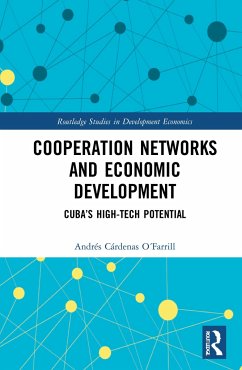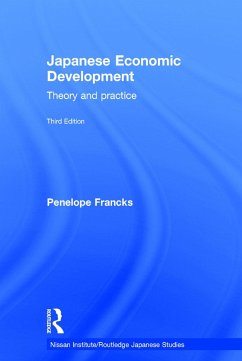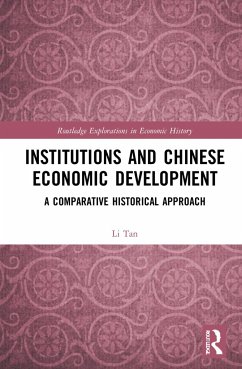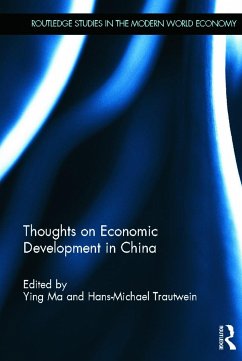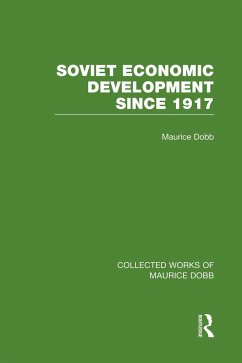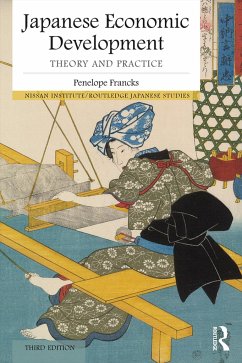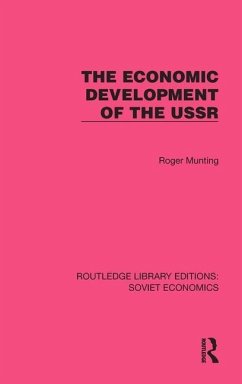
Cooperation Networks and Economic Development
Cuba's High-Tech Potential
Versandkostenfrei!
Versandfertig in 1-2 Wochen
56,99 €
inkl. MwSt.
Weitere Ausgaben:

PAYBACK Punkte
28 °P sammeln!
For most Western audiences, Cuba is a touristic paradise stuck in time and virtually detached from world technology networks by the US embargo - anything but a hub of industrial innovation and high value-added biotechnology. However, a closer look reveals more subtle but equally powerful stories that challenge the homogenizing assumptions of conventional economics and open up scope for more sophisticated reflections on Cuban economy and industry. From this kind of enquiry emerges the case of the internationally respected Cuban biotech industry as the most successful case of science and technol...
For most Western audiences, Cuba is a touristic paradise stuck in time and virtually detached from world technology networks by the US embargo - anything but a hub of industrial innovation and high value-added biotechnology. However, a closer look reveals more subtle but equally powerful stories that challenge the homogenizing assumptions of conventional economics and open up scope for more sophisticated reflections on Cuban economy and industry. From this kind of enquiry emerges the case of the internationally respected Cuban biotech industry as the most successful case of science and technology policy in the country's economic history. The book takes an interdisciplinary approach, exploring issues such as interdependency, purpose and history as natural constituencies of the innovation process. It also examines the dynamic and crucial role played by the state in the formation of innovative business enterprises. This book will be of interest to academic researchers in the fields of innovation and economic development.





